|
Tiles at La Calestienne The ground floor of La Calestienne was extensively decorated with tiles from the area. The house dates from around 1910, which was also the heyday of the local tile industry. The industrial revolution saw the emergence of steam engines, trams and trains, and subsequent use of electricity. The skill of the already existing potters, who used the plastic clay , combined with all this, created an unprecedented explosion of tile factories in the Chimay area.
Ceramic tiles on the facade, in the hallway and in the saloon at La Calestienne. |
|
|
La Céramique Poulet in Forges All the wall tiles at La Calestienne come from the S.A. des Carreaux Céramiques de Chimay, which changed its name several times and was and is better known locally as "La Céramique Poulet" after the company's owner. Around the turn of the nineteen hundreds, there was apparently no brake on production; there was no competition as production was always insufficient at the time: supply could not keep up with demand. A little later, when local clay supplies were depleted, Poulet started a new factory in Welkenraedt (the Céramique Nationale), as close as possible to the border with Germany where larger supplies of clay were mined.Economies of scale and competition from abroad, among many other factors, caused the closure of the ceramics factory in 1938. %20(20).gif) Catalogue for ceramic tiles of La Céramique Poulet in Forges. Coll. Nicola Roger.
Actions of the Société Céramique Poulet in Forges. |
|
|
S.A. Produits Céramiques Saint Remy-lez-Chimay All La Calestienne floor tiles come from the tile factory in Saint-Remy, just west of Chimay. This tile factory was only functional from 1900 onwards and therefore worked mainly with plastic clay imported from Germany.
Catalogues for ceramic tiles of La Céramique de Saint-Remy-lez-Chimay. Coll. Nicola Roger. |
|
| Besides wall and floor tiles, at La Calestienne you will also see on your table ceramic tiles dating back to the first half of the 20th century from Royal Boch in La Louvière, Bouffioulx near Charleroi, and from Gilliot in Hemiksem. |
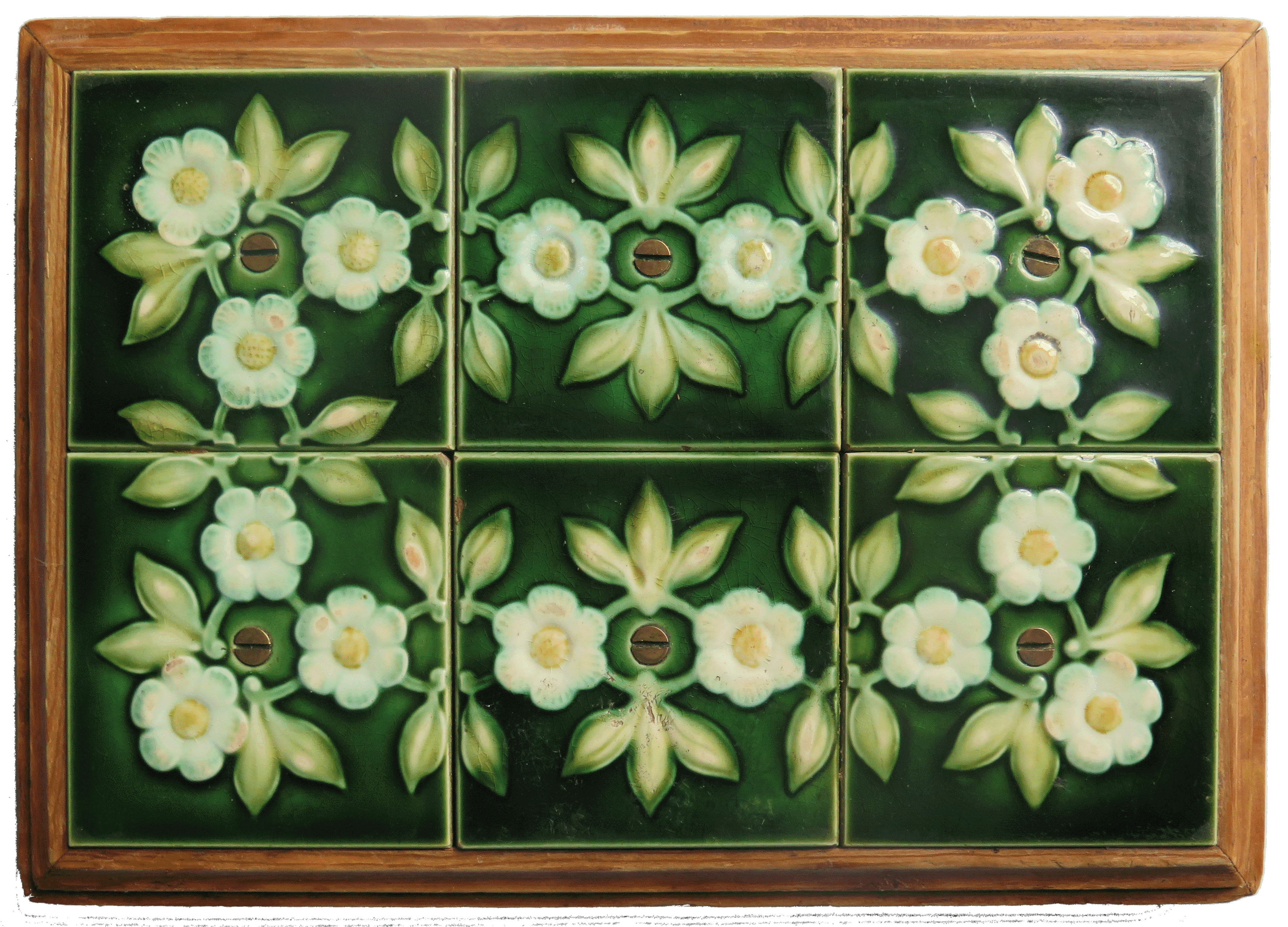 |
|
Want to know more about the local tile industry:
Christian Constant in En Fagne et Thierache magazine from 2012 to 2014.
More on everything related to the Belgian tile industry: everything by Mario Baeck, who also looks after the Gilliot Museum in Hemiksem. |
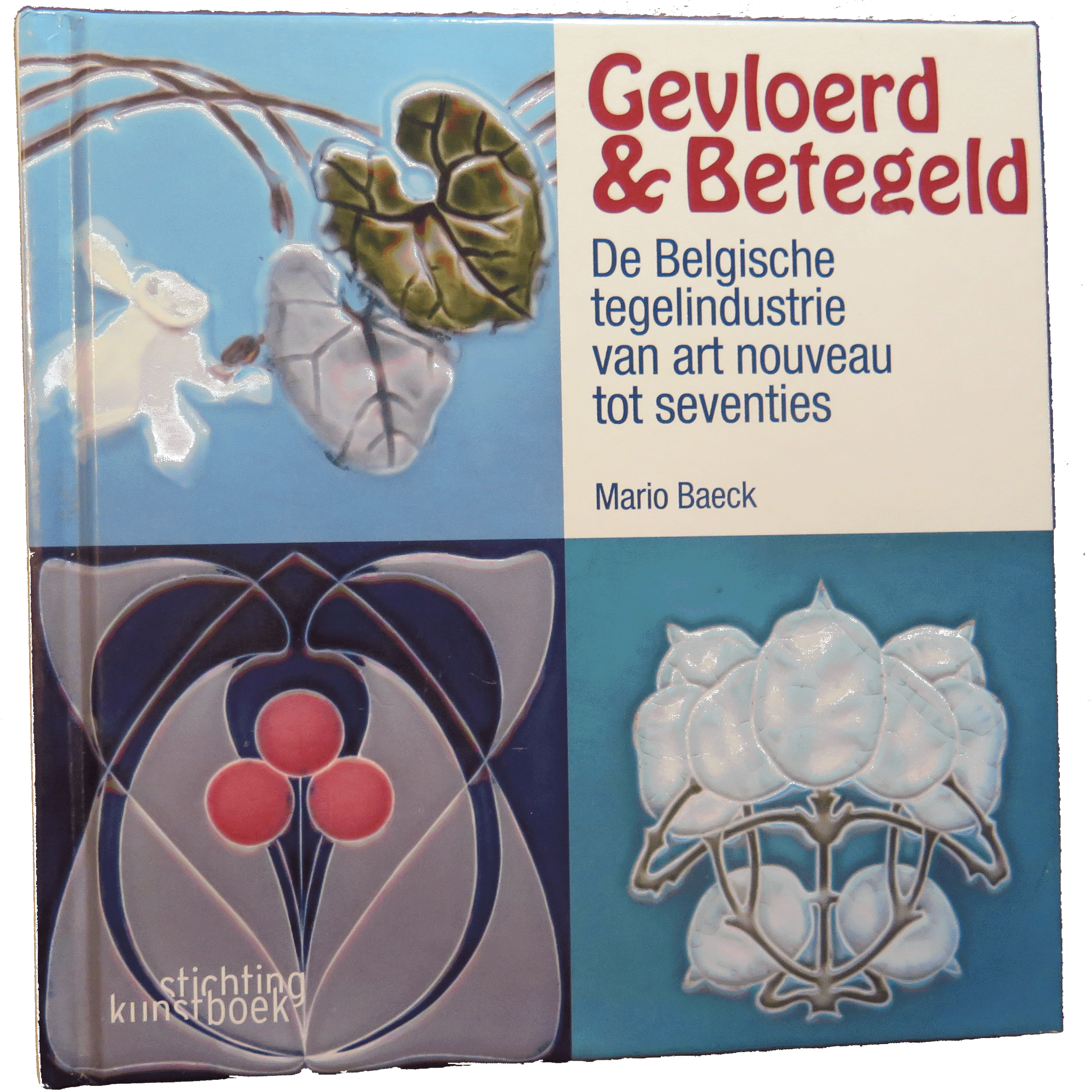 |
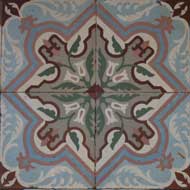
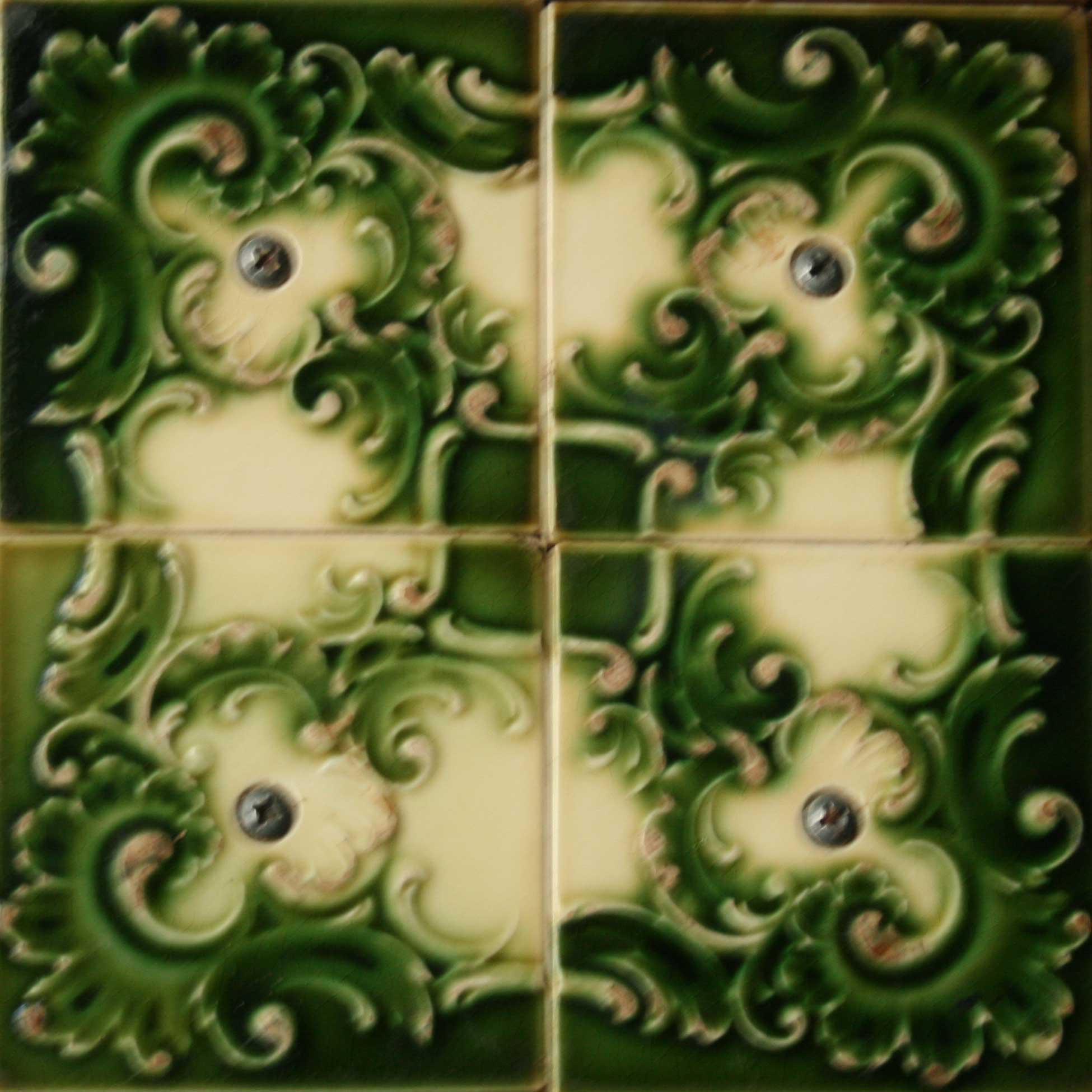
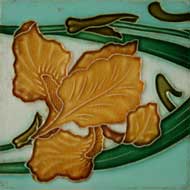
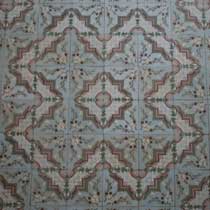
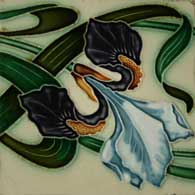
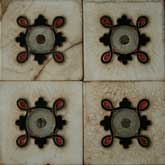
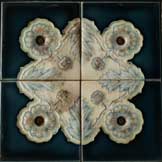
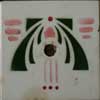
.JPG)

1.jpg)
.jpg)
(verz.%20Nicolas%20Roger).gif)
%20-%20kopie.gif)
%20(61).gif)
%20(60).gif)
(verz.%20Nicolas%20Roger)%20(56).gif)